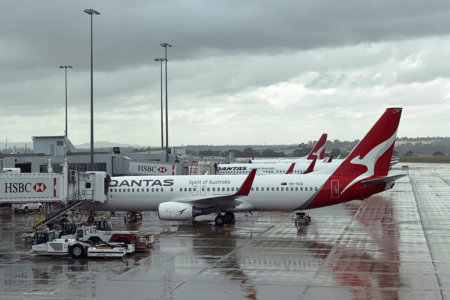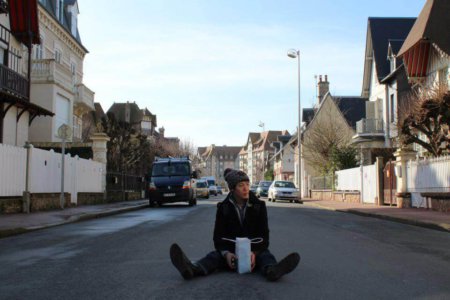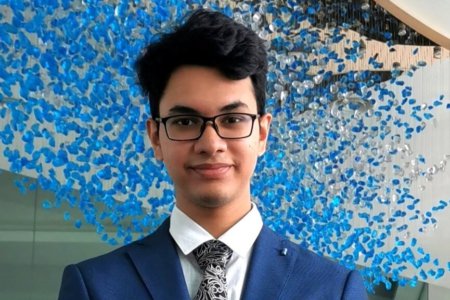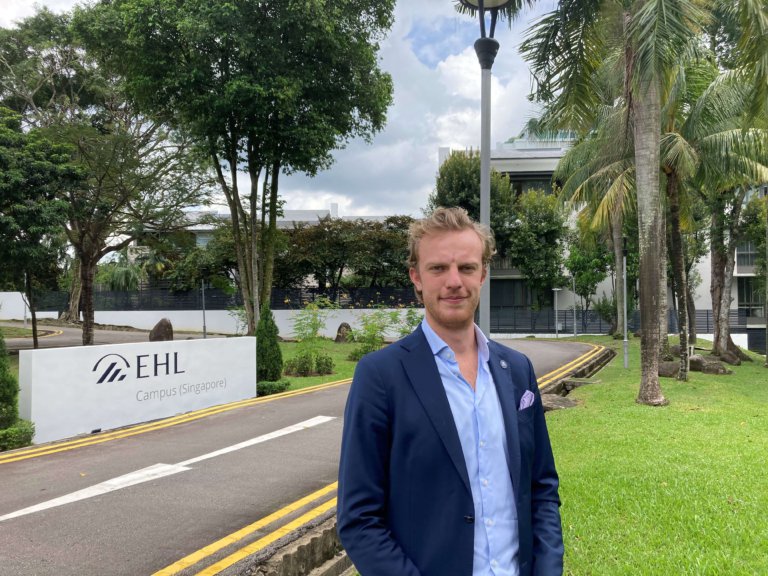
Hugo Tyden, an international hospitality management student at EHL in Singapore, has always been fascinated by the industry since an early age. This prompted the Swedish student to look for jobs in this field when he was only 10, applying for a job at the local hotel where he spent his summers.
However, he was too young to be employed so he instead turned to something more comforting — baking bread. He would package and deliver his goods to his family friends.
Eventually, when he turned 13, he started out as a kitchen porter and his journey into hospitality began. Below, we speak to this 22-year-old about his international hospitality management degree, life in Singapore and what he misses from home:
What made you choose to pursue your bachelor’s in international hospitality management degree at EHL Singapore?
People around me have always encouraged me to study hospitality since I was young because of my passion for the industry. Thus, I heard about EHL and the fantastic reputation it had.
I decided to apply to the EHL bachelor’s programme after two years of full-time experience working in the field. As a result of the COVID-19 situation, I decided to work an additional year and join EHL after.
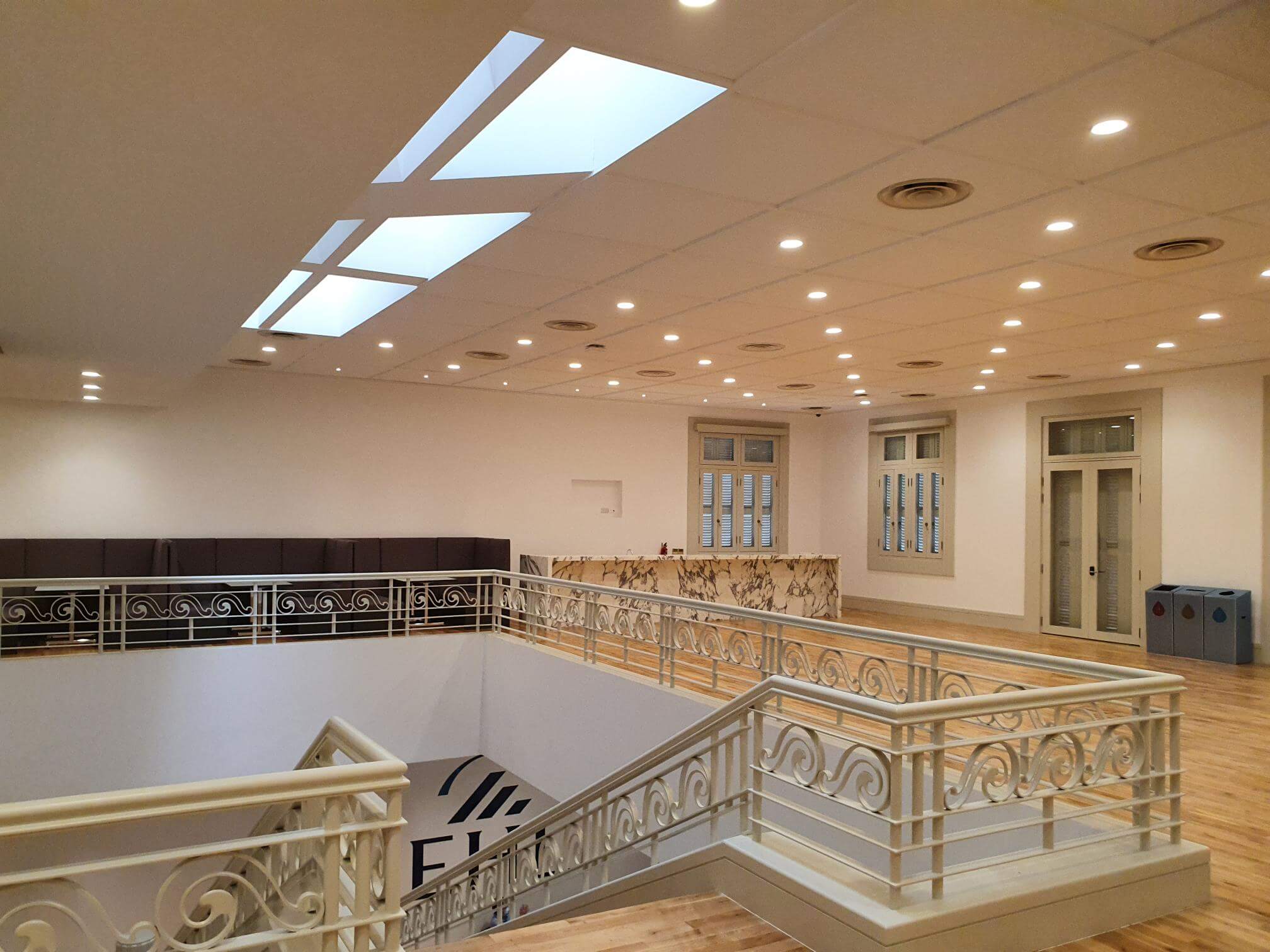
The bar area at EHL Campus (Singapore). Source: EHL
Earlier this year, I heard about the new Singapore campus and I jumped at the opportunity to apply. I’m happy to be in Singapore which, in my eyes, is the capital of Asia. So, here I am!
Do you think it would have made a difference if you studied at a local institution?
Yes, definitely. Sweden has many fantastic schools but there is no bachelor’s degree that could compete with EHL.
EHL is ranked as the number one hospitality school in the world. The quality of teaching and the international network it gives its students is one of the biggest advantages — it will definitely give me a leg up in my hospitality career.
What’s been your most memorable class in international hospitality management so far?
Personally, my favourite class is Food and Beverage (F&B) Cost Control. It’s very interesting to get an insight into how big an impact small expenses could have on the final profit and how carefully they should be controlled.

“People around me have always encouraged me to study hospitality since I was young because of my passion for the industry. Thus, I heard about EHL and the fantastic reputation it had,” Tyden tells Study International. Source: EHL
Do you have any fond memories with teachers at your uni that has stood out for you?
So far, the teachers have impressed me very much in the way they teach and how passionate they are. To me, anything can become interesting if the teacher is genuine.
Through studying already interesting subjects, the learning becomes very inspiring.
What are the practical learning elements and how do you apply them to the real world?
I mentioned earlier that my favourite class in my international hospitality management programme is F&B Cost Control. We’re currently analysing a hotel with several different F&B outlets.
With the help of different KPIs, we are able to draw conclusions and suggest how we think establishments could improve. In general, the professors do apply the studied theories into realistic situations in form of group projects, class problems and exams very well.
What are your academic goals and what skills have you gained so far?
Academically speaking, I aim to achieve success in my international hospitality management programme by scoring as high as possible in my work. I’m also driven to absorb and gain as much knowledge as possible to assist me in my future career.
The only course that I’ve currently finished is financial accounting which is useful in more or less, all businesses.
At EHL Campus (Singapore), not only do we learn the hard skills to equip us in our careers, but we are also taught a variety of soft skills. This includes communication and relationship-building — that’s valuable in any industry, hospitality or not.
Do you plan to progress into further study? What do you plan to do after graduating?
Currently, I’m not planning to continue further studies after my bachelor’s in international hospitality management but the door for that will always be kept open. After graduating, I plan to begin working more or less straight away within this hospitality industry and hopefully for a great hotel.
What do you like most about living in Singapore?
I love the fact that Singapore is a very green city with a huge amount of nature throughout it. I really enjoyed seeing and learning about diverse vegetation here and I look forward to continuing my exploration of various parks and treks.
I am also looking forward to being able to visit a variety of nearby destinations across Southeast Asia when restrictions are lifted. It’s amazing that you can travel to these incredible places without requiring too much time and effort.

“The quality of teaching and the international network it gives its students is one of the biggest advantages — it will definitely give me a leg up in my hospitality career,” Tyden says. Source: EHL
What’s the local food compared to Sweden like? Tell us your most and least favourite.
I would describe the cuisine in Singapore as very diverse and international. I’ve really enjoyed sampling a variety of local dishes.
My favourite is “satay” (skewered grilled meat served with sauce) but I am a huge fan of Indian food. The way they use spices here in Singapore (and Asia in general) differs from how we flavour food in Sweden.
In my home country, we tend to use just salt and pepper but here there is a great variety of other combinations which is fantastic in my eyes. I’m still working my way through the list of local delicacies but the one thing I’ve tried so far that I didn’t appreciate as much is “kangkong” (water spinach).
What about any cultural sites? Can you share what you’ve discovered?
I’ve visited MacRitchie Reservoir which is a beautiful and nice place to explore. This area lets you escape city life and experience nature which is amazing.
I have also visited Holland Village, Lau Pa Sat and the Newton Hawker centres, which allowed me to sample the local culinary experience.
What do you miss from home and how do you substitute it?
I do miss a couple of things. I miss Swedish candy which can’t be easily substituted here and of course my friends and family whom I keep in touch with through video calls and messaging.








